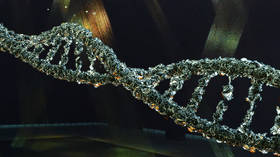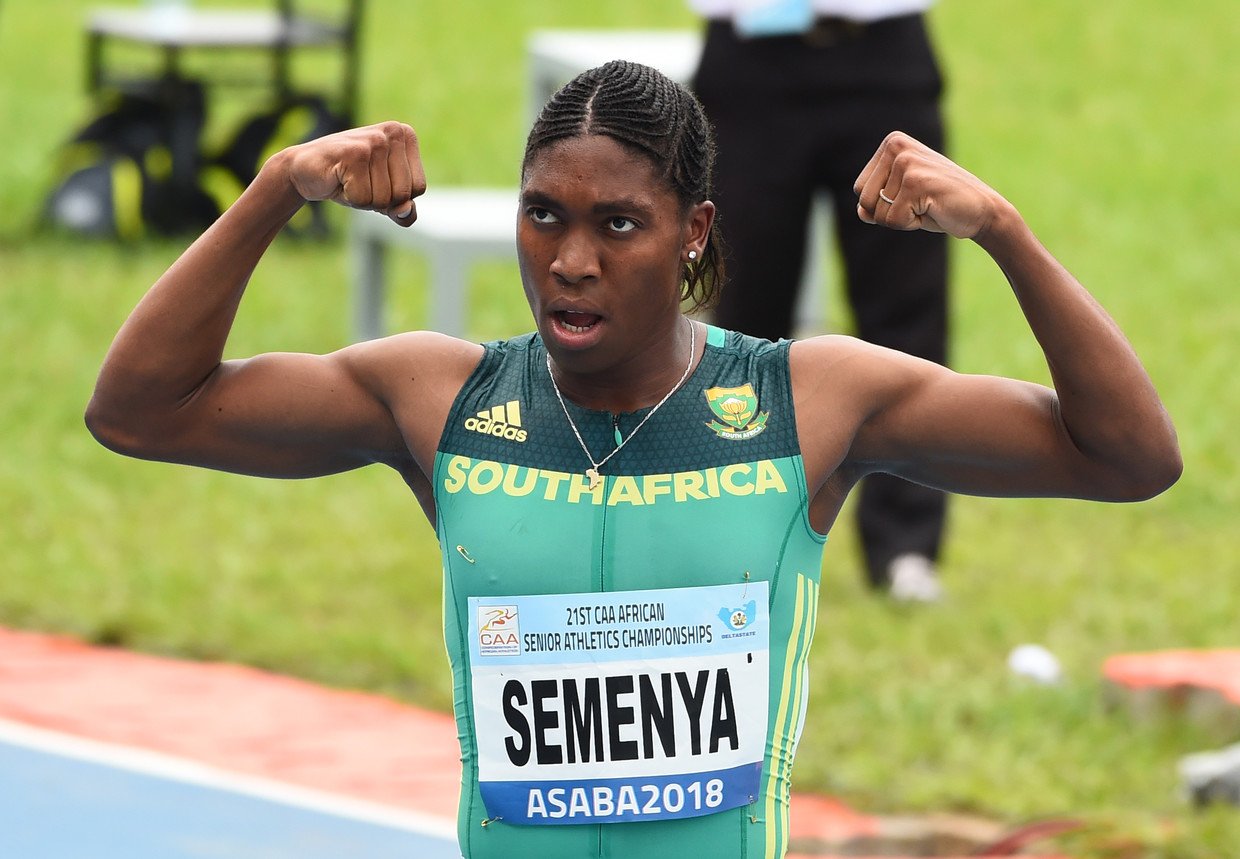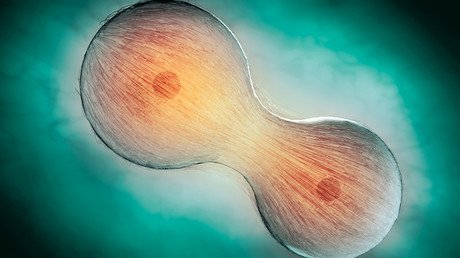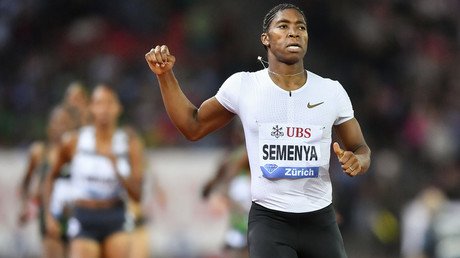‘There should be third sex competitions for them’ – medical expert on female testosterone case

Medical expert Dr. Sherif el-Refee, who specializes in disorders of sexual development and hormonal problems, has suggested that athletes with biological irregularities should compete in separate “third sex” tournaments.
Dr. Sherif, a senior paediatric endocrinologist consultant at Imperial College London Diabetes Center in Abu Dhabi, backs the view of the International Association of Athletics Federations (IAAF) that high testosterone can help professional athletes to enhance their performance.
READ MORE: Caster Semenya is not a threat to women’s sport, say runner’s lawyers
Talking to RT, Dr. Sherif explained the impact that testosterone has on female athletes, adding that the much-publicized case of South African runner Caster Semenya could trigger an influx of athletes who change their hormone levels to win female competitions.
“Disorder of sexual development or what used to be called intersex is very controversial,” Dr. Sherif said.
“And the more we understand about it, the more confusing it gets. Now we know there are so many conditions that make a person not typically male or not typically female.
"We used to think that doing chromosome analyses will solve this problem. However we now know that in rare circumstances some women are actually XY and some men have XX chromosomes.”

Dr. Sherif pointed out that testosterone helps to build muscle mass and increase physical strength, which potentially makes the hormone a powerful performance enhancer.
“We started to look at the hormone level. We know that men have very high level of testosterone and very low level of estrogen, the female hormone. And women have very low level of testosterone, but very high level of estrogen.
“The high level in male subjects of testosterone makes their muscles bulkier and stronger and also makes their bones thicker and actually the angulation of their bone differs from women.
“And therefore their performance and physical activity is higher than women. And it is well known that even some men are taking extra testosterone as performance enhancing drugs. Therefore currently we take the testosterone level as an indicator of maleness or femaleness,” Dr. Sherif said.
Also on rt.com ‘Consequences are potential death’: Rapper who broke women's records on trans sport issue (VIDEO)The medical expert stressed that women with a high testosterone level have an unfair advantage over female competitors, suggesting that “third sex” competitions should be introduced for athletes with biological specifics, such as Semenya.
“Would we consider he or she as a man or as a woman? Who can decide this? Can he or she decide this or should authorities decide this based on testosterone level? And if somebody has a high testosterone level, the argument is why don’t they compete with men rather than competing with women?
“Therefore it seems unfair to allow a woman with a male level of testosterone to compete with women. Because this will open a flood of athletes who can change their hormone level and compete with women.
“Perhaps the way out is to establish a separate third sex competition. This is purely my medical point of view, but obviously there is other consideration which should be taken by (sports) authorities,” Dr. Sherif concluded.
Also on rt.com 'Colossal advantage': Olympic champ Isinbayeva says testosterone rules should have 'no exceptions'Two-time Olympic champion Semenya is currently attempting to overturn new IAAF regulation which requires athletes with high testosterone to reduce the hormone level. The South African runner insists that her elevated testosterone is a biological specific she has had from birth.














